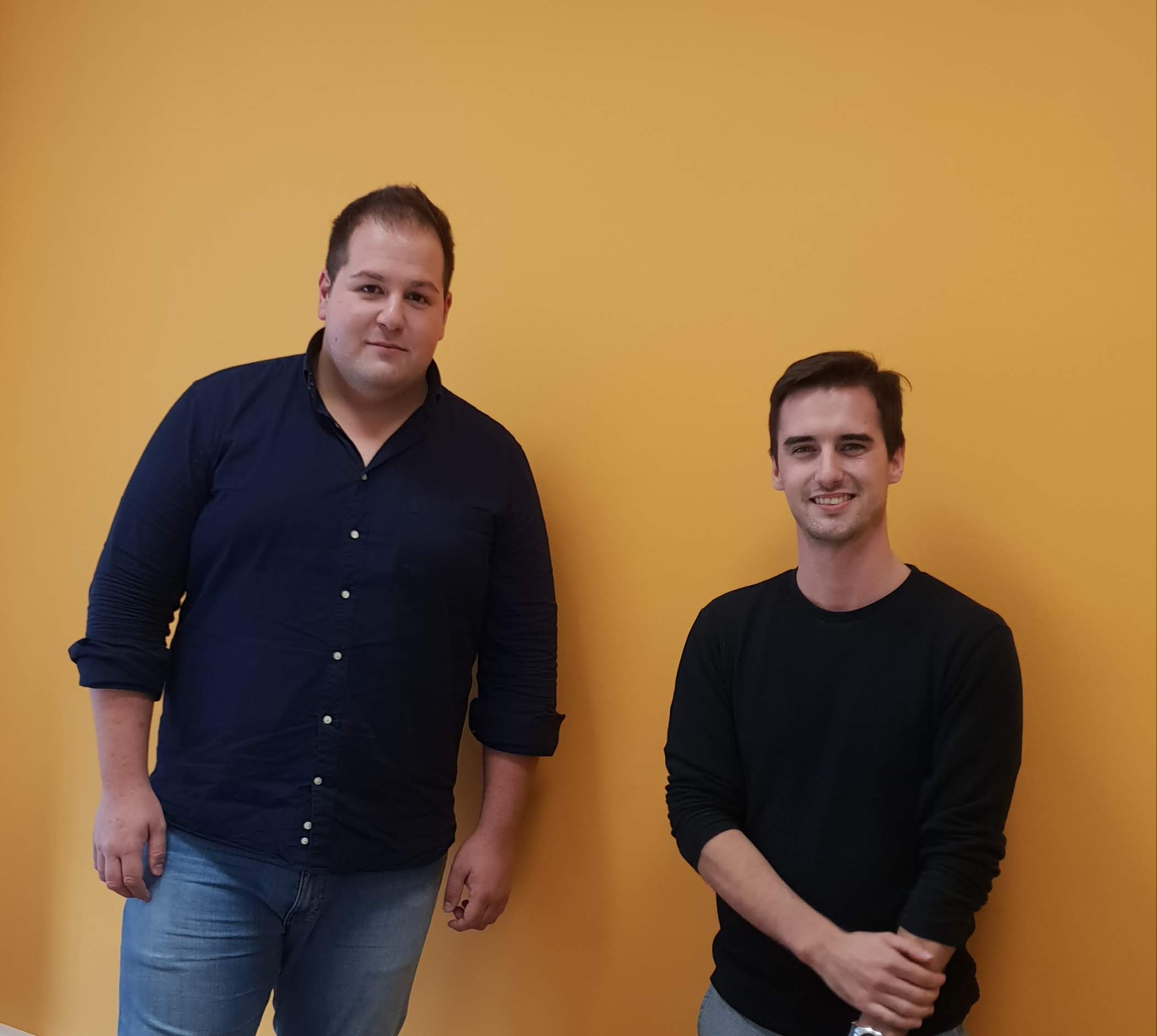Heptasense tell us about their aspirations for Data Pitch and beyond.
Three out of four Europeans live in urban areas. To guarantee a sustainable and safe future, we need smart and flexible mobility systems within cities.
Portuguese startup Heptasense are developing Artificial Intelligence (AI) software that can recognise threats and predict accidents and incidents in real-time, from shoplifting to road collisions. We spoke to Co-Founder and CEO Ricardo Santos about their plans for Data Pitch.
What do you hope to achieve on the Data Pitch accelerator?
We’ve built software for security cameras that can detect car accidents and other threats in real-time, using video analysis. During Data Pitch, we want to develop this product further using more wide-ranging data from cities, and work with Data Pitch’s network of experts to scale our product faster.
What shared data will you work with and how will you use it?
We’re taking part in the Smart Transport Challenge (innovative solutions to improve mobility and reduce traffic congestion). We use open data from cities, and surveillance camera data from our customers. We want to use this data to move our solution from “detection” to “prediction”. We’re building predictive models that could help users know when and where incidents will occur before they happen, with a special focus on road incidents.
Why do you think it is important for startups to work with large scale data providers?
To tackle real-world problems, startups need real data. By sharing data with startups, providers will get solutions that better meet their needs.
What’s the best thing about working with data?
The ability to automate a process to find patterns that otherwise would be impossible for a person to see.
If you could change one thing about the data ecosystem what would it be?
We want to see more companies in the data ecosystem caring about data ethics, rather than just viewing it as a legal issue.

